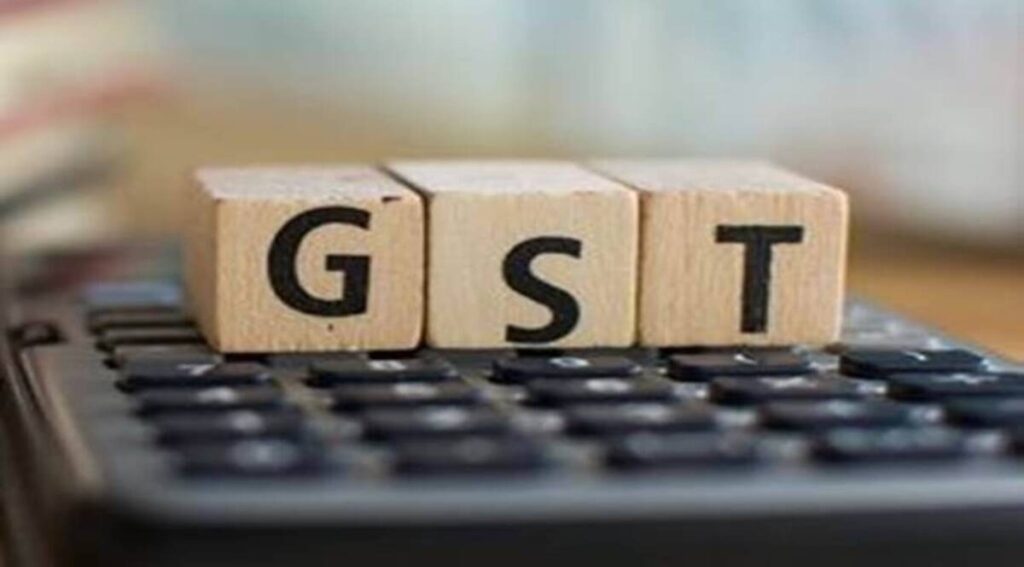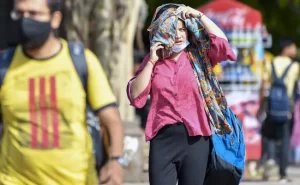GST Council may defer hike in rates on textiles; slab recast may be delayed

GST Council may defer hike in rates on textiles; slab recast may be delayed
The Tax Council of Goods and Services (GST), who will meet in New Delhi on Friday, can discuss delays in increases at the GST level in textiles and footwear from 5% to 12% and gives more time to the group of tax ministeralization rationalization of tariffs and slabs to send the report.
The textile and footwear industry has increased against the GST council decision in September to improve the reverse task structure by increasing the GST level on textiles and footwear with the effects of January 1.
At present, the tax rate for man-made fibers, threads and fabrics is 18%, 12% and 5% respectively. Clothing and clothes up to RS 1,000 per piece currently attract 5% GST. Synthetic and artificial threads have been changed to 12% but natural threads such as cotton, silk, wool yarn is still in a 5% slab.
For footwear too, the differential price has been done at a uniform 12% GST rate. At present, footwear up to RS 1,000 a pair of interesting 5% GST.
The Board can also see more time for e-commerce operators (ECOS) such as Zomato and Swiggy, to comply with the requirements for them to pay 5% GST on restaurant services that are included through them from January 1, to modify their software due to the responsibility of invoices Also shifting from restaurants to them.
In September 2021 it was announced that the tax liability would be in the ecos for restaurant services provided through them. However, procedural aspects such as invoices and other compliance are only clarified by the round issued by the income department on December 17, giving them less than two weeks to change the software.
The Board is also likely to extend the time given to seven ministerial members led by Head of Karnataka Minister Basavaraj S Bommai to suggest steps to rationalize the GST level because of the two months given on November 27.
GOM will review the current level of tax slab and recommend changes as needed to collect more resources and review special rates and recommend rationalization measures, including mergers from the tax rate slab, needed for a simpler level structure in GST.
His reference provisions also include review of supply of goods and services that are excluded under GST with the aim of expanding the tax base and eliminating the input tax solving chain (IKC). It will also review the instance of the reverse task structure other than where the GST Board has made a decision to improve the reverse structure and recommend the appropriate level to eliminate the reverse task structure as far as possible so as to minimize an example of refund because the task is reversed due to import duty.








